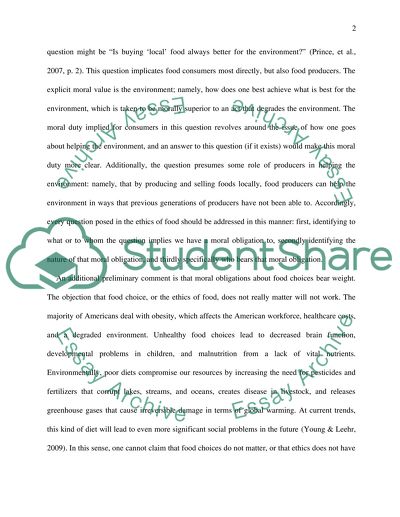Cite this document
(“The Ethics of Food Term Paper Example | Topics and Well Written Essays - 1750 words”, n.d.)
Retrieved from https://studentshare.org/environmental-studies/1417592-the-ethics-of-food
Retrieved from https://studentshare.org/environmental-studies/1417592-the-ethics-of-food
(The Ethics of Food Term Paper Example | Topics and Well Written Essays - 1750 Words)
https://studentshare.org/environmental-studies/1417592-the-ethics-of-food.
https://studentshare.org/environmental-studies/1417592-the-ethics-of-food.
“The Ethics of Food Term Paper Example | Topics and Well Written Essays - 1750 Words”, n.d. https://studentshare.org/environmental-studies/1417592-the-ethics-of-food.


